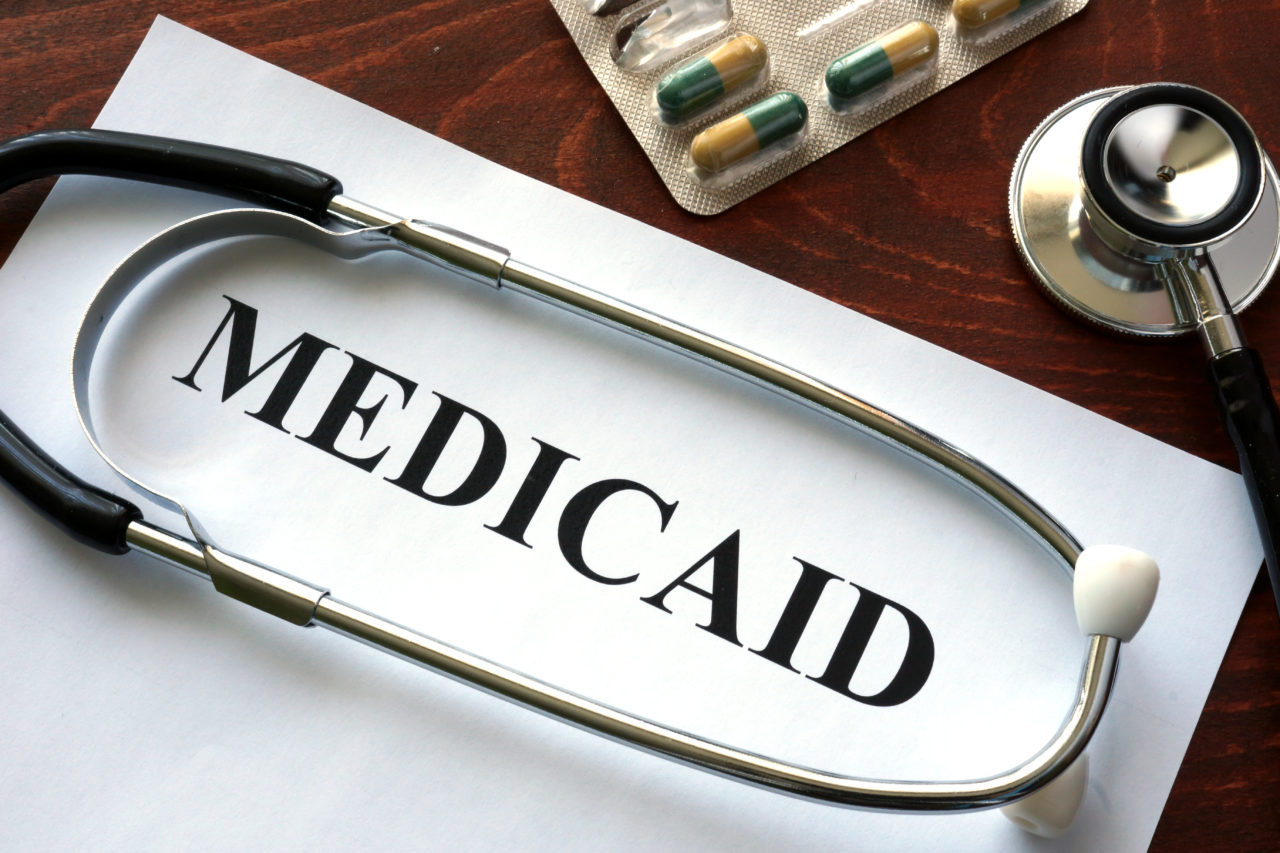 By Ted Shaw, President/CEO, Texas Hospital Association
By Ted Shaw, President/CEO, Texas Hospital Association
All hospitals are unified under the core mission of providing the highest quality care to all their patients. But more and more, Texas hospitals and their counterparts across the nation are being asked to do more with less: compete on price and improve the quality of care while facing sweeping reimbursement cuts. Hospitals’ ability to deliver on their promise is in jeopardy as they face an increasingly uncertain financial future.
Nonetheless, supplemental Medicaid payments that hospitals across the nation use to offset the costs of providing care to a disproportionate number of low-income and uninsured individuals will be cut by $4 billion beginning Oct. 1.
The $4 billion cut for the federal fiscal year 2020 is the start of a five-year reduction that will increase to $8 billion in fiscal years 2021 to 2025. Absent a repeal or delay of the scheduled cuts, the Medicaid and CHIP Payment Access Commission estimates that Texas stands to lose $450 million, or 23% of Medicaid Disproportionate Share Hospital payments, in 2020 alone.
Provisions of the Affordable Care Act require annual cuts to all hospitals’ Medicaid Disproportionate Share Hospitals payments in anticipation of a reduction in the number of residents without health insurance and the amount of uncompensated care hospitals provide.
As a state that did not expand Medicaid, these outcomes were not realized in Texas.
Texas is the uninsured capital of the nation. In 2017, about 4.8 million Texans lacked health care coverage, including nearly 850,000 or 1 in 5 kids, according to George Washington University. The U.S. Census Bureau reports that about as many Texans—4.1 million or 15% of the state’s residents—lived in poverty that same year.
The number of vulnerable Texans is significant as is the annual cost that Texas hospitals incur to provide care for low-income and uninsured residents.
Hospitals routinely absorb the unpaid costs of care for individuals with no third-party payer. With Medicaid payments that are well below cost, Texas hospitals also bridge the cost gap between the amount Medicaid pays for health care services and the actual costs of providing care for Medicaid beneficiaries.
In 2018, Medicaid DSH payments to offset some of these uncompensated care costs totaled nearly $1.9 billion.
Previous attempts to delay the scheduled Medicaid DSH cuts have been successful until now. Absent Congressional action, these cuts will threaten Texas’ health care safety net by exacerbating the impact of cuts to hospital payments that incentivize reforms in the health care delivery system under Texas’ Medicaid 1115 Waiver—a three-year wind down of $3.1 billion in annual payments that is scheduled to begin Oct. 1.
This instability and unpredictability threaten hospitals’ ability to plan appropriately and, if unresolved, could seriously impact the delivery of health care throughout the state with the closure of hospitals — particularly in already hard-hit rural areas — and service reductions.
This spring, 29 members of the Texas Congressional delegation signed on to a bipartisan DSH letter, co-led by U.S. Rep. Pete Olson (R-Sugarland), to delay scheduled Medicaid DSH cuts for two years. The letter was submitted to leadership in the U.S. House of Representatives in May.
Texas hospitals bear an important responsibility to protect the health and wellbeing of their communities and provide essential health care services to all Texans, regardless of their ability to pay. For years, Medicaid DSH payments have helped Texas hospitals offset costs of providing care for the low-income and uninsured and meet the health care needs of a growing population. The U.S. Congress should take quick action to repeal or delay the scheduled Medicaid DSH cuts to ensure access to quality care for all Texans.


